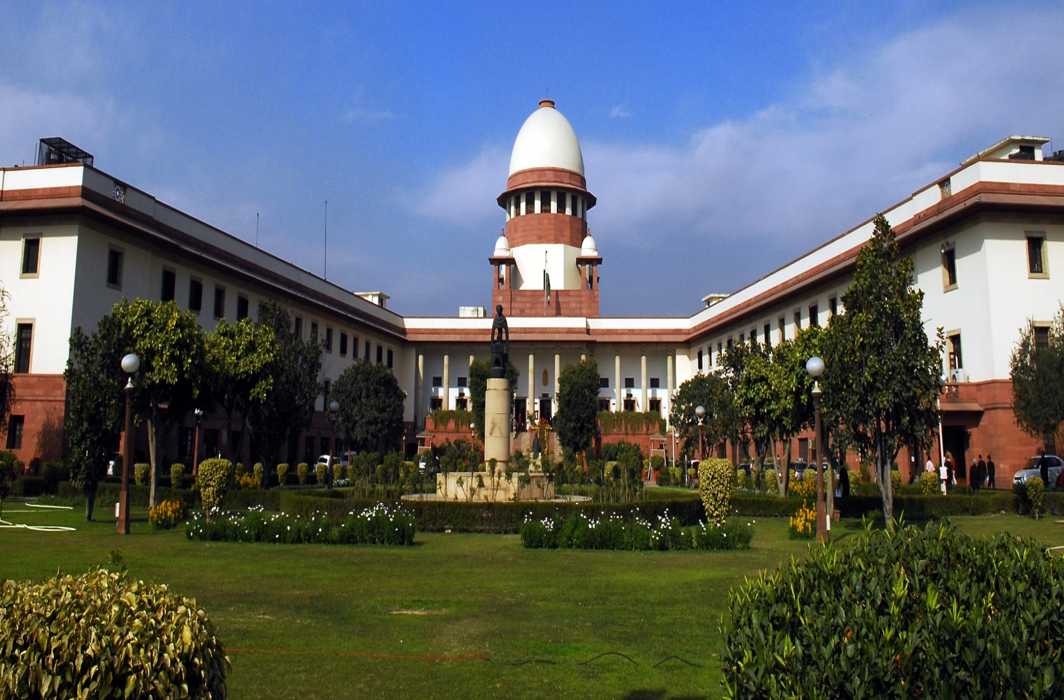[vc_row][vc_column][vc_column_text]In a path-breaking judgment, SC hikes compensation sum from Rs 115 per square yard to Rs 297 per square yard
~By Sujit Bhar
In an extraordinary judgment, the Supreme Court on September 11 directed that some villagers in Uttar Pradesh, whose land had been acquired by the state at the rate of Rs 115 per square yard, actually deserved to be paid Rs 297 per square yard, even if the farmers had not demanded compensation at that rate.
In delivering this judgment – in the matter of Narendra & Ors. v State of Uttar Pradesh & Ors – the court made an observation which should go down in history as a precedent as judgments come. The court observed that “the mere fact that the compensation which was claimed by some of the villagers was at lesser rate than the compensation which is ultimately determined to be fair compensation, should not be a ground to deny such persons appropriate and fair compensation on the ground that they claimed compensation at a lesser rate”.
The Allahabad High Court had granted compensation to the villagers – those whose land had been acquired by the state – at the rate of Rs 115 per square yard. However, the Supreme Court set aside this judgment and set the higher compensation limit, saying that the difference in compensation, along with other statutory benefits, was directed to be paid to them within a period of three months.
Why is this verdict special? That is because a fair consideration of a demand does not just look at the demand, but also to peripheral situations that exist, often beyond the field of view of the petitioner.
Justice is not a one-dimensional, monochromatic word. It encapsulates a philosophy that Plato gave birth to while considering the genesis of justice. Being fair is one way to describe it, but Plato, in using the Greek word “dikaisyne”, pushed it more towards “morality” or “righteousness”. While these, in ancient times, were the right duties of a man, they also take into consideration societal aspects of fairness and morality. If in one tradition honour killing is righteous and moral, it isn’t in another. That is a paradox that needs to be dealt with.
What Plato wanted to do was show that justice is the quality of soul, a lack of selfishness and a general belief that it was done for the general good. It would have had been difficult in a society where death for honour was a purely divine experience.
Over and above, societal expectations on compensation vary. How would a square yard of a person’s personal farmland, handed down through generations, and his or her only source of sustenance, be compensated? At stake is not only his income, but his/her very identity.
Those are philosophical considerations and the debate can be endless. In more prosaic terms, however, compensation is indemnification, payment of damages, making amends, that which is necessary to restore an injured party to his former position. Those are the legal peripherals, as per Black’s Law Dictionary. And in judging each and every aspect of that comes the question of morality. And that is where the Supreme Court judgement has scored high on principles. That is what makes this judgment extraordinary.
While it is common practice to assume that a demand has to be judged within the ambit of normal standards, it is also inferred that the demand can be considered as the upper limit in resolution of the debate. In this case, the top court went beyond that and assumed that the demands were probably not made with full knowledge of the market. The apex court felt morally liable to adjudicate on moral guidelines.
The Indian Supreme Court deserves a big thank you for that.[/vc_column_text][/vc_column][/vc_row]


 Latest world news17 hours ago
Latest world news17 hours ago
 Cricket news18 hours ago
Cricket news18 hours ago
 Latest world news18 hours ago
Latest world news18 hours ago
 India News14 hours ago
India News14 hours ago
 India News9 hours ago
India News9 hours ago















